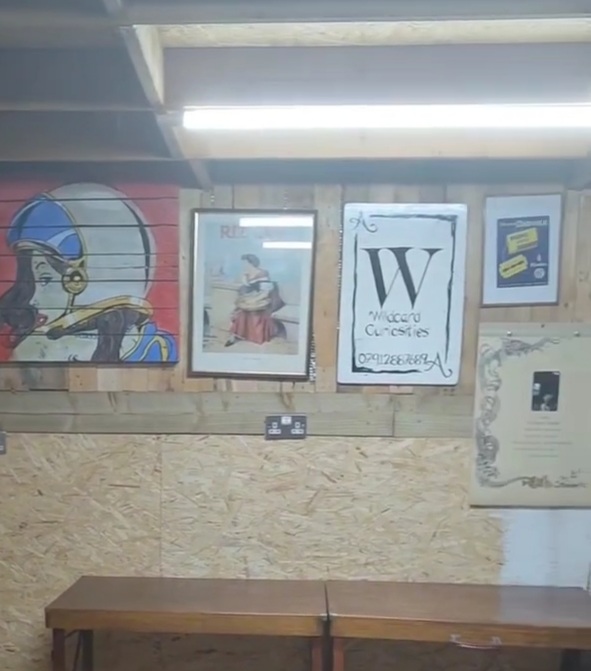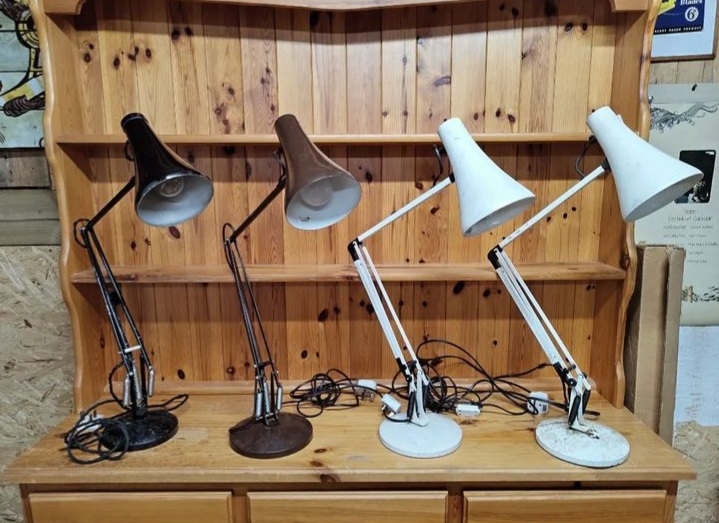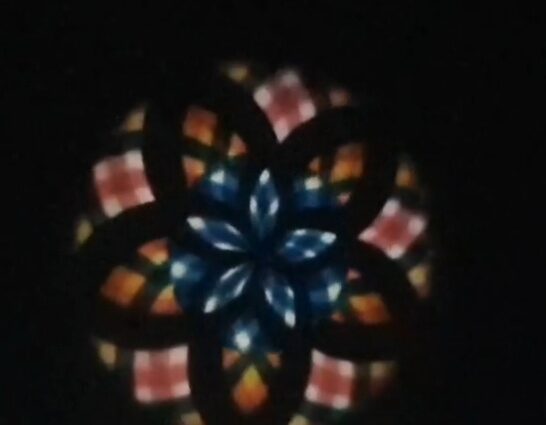Introduction
We start 2024 with a blog about Feng Shui, why? I hear you ask. You have heard of the expression “New Year, new me” and the big clean and tidying away of the festive items. As humans we like to think a clear mind not only starts with our way of thinking, but also how our environment, our personal space looks. The feeling of a clear and clean mind to allow the positive energy to flow resonates in the space around us. So lets take a look further into the art of Feng Shui.
Origins and Historical Development of Feng Shui
Feng Shui, which translates to “wind and water” in English, has a rich history deeply rooted in Chinese philosophy and cosmology. Its origins can be traced back over 3,000 years to ancient China, where it emerged as a system for harmonising individuals with their environment. The early practitioners of Feng Shui sought to understand the natural forces and energies that shaped the world around them.
The roots of Feng Shui lie in various ancient Chinese texts, such as the “I Ching” (Book of Changes) and the “Tao Te Ching” by Lao Tzu. These texts laid the groundwork for the fundamental principles of Feng Shui, emphasising the interconnectedness of all things and the importance of balance and harmony. Feng Shui evolved as a way to enhance the flow of Qi, or vital energy, in the environment to promote well-being and prosperity.
Over the centuries, Feng Shui became intertwined with Chinese architecture and city planning. It played a crucial role in determining the layout and design of homes, cities, and even burial sites. Feng Shui masters were consulted to ensure that buildings and structures were aligned with the natural elements, fostering a positive flow of energy.
Influence of Feng Shui on Architecture and Design
Feng Shui’s influence on architecture and design extends beyond its Chinese origins and has become a global phenomenon. As Chinese communities spread around the world, so did the practice of Feng Shui. Today, it is integrated into the design and construction of buildings, both residential and commercial, in various parts of the globe.
Architects and interior designers often incorporate Feng Shui principles to create spaces that promote harmony and balance. The layout of rooms, the placement of furniture, and the use of colours are all considered in relation to Feng Shui principles. The goal is to optimise the flow of energy and create a positive environment that supports the well-being and success of the occupants.
In addition to its impact on individual homes and buildings, Feng Shui has influenced urban planning and landscape architecture. Some cities, both in Asia and the West, incorporate Feng Shui principles in their city planning to enhance the overall energy and prosperity of the community.
Modern Prominence and Applications of Feng Shui
In the modern era, Feng Shui has gained prominence beyond traditional architecture and design. Its principles have found applications in various fields, including business, healthcare, and even personal development. Businesses often consult Feng Shui experts to optimise their office spaces for productivity and success. Similarly, hospitals and wellness centres may incorporate Feng Shui principles to create healing environments.
The rise of Feng Shui in the Western world can be attributed to its integration into holistic approaches to well-being. Many individuals seek the guidance of Feng Shui practitioners to bring balance to their lives, improve relationships, and enhance their overall prosperity.
Feng Shui has also found its place in popular culture, with references in literature, films, and television shows. Its appeal lies in the universal desire for balance and harmony in life, transcending cultural boundaries.


Conclusion
The history, influence, and prominence of Feng Shui reveal a fascinating journey from ancient Chinese philosophy to a globally recognised practice impacting various aspects of modern life. Its enduring appeal speaks to the timeless human quest for balance and connection with the surrounding environment. Here at Wildcard Curiosities we are always organising and rearranging our storage facilities. Looking for the best way to have visibility on stock and designated areas for certain parts of the production line. We seek to keep our website looking fresh, all to aid the Feng Shui art. We also understand that being in the antiques trade there are a variety of people out there who come to us for different reasons. Whether this is to sell items due to decluttering and organising to people looking to purchase that one specific item/selection of items to complete their new décor.
